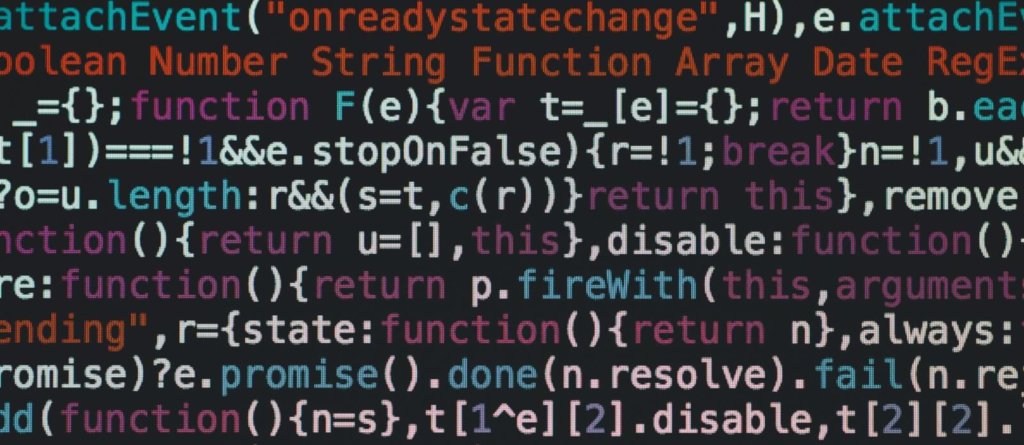Will Low Code/No Code Replace Traditional App Development?
September 1, 2022 - 5 minutes read
Low code and no code are terms used to describe a new application development approach that generally describes the process of app development without the need for a traditional coding background or knowledge. With this approach, apps are designed in a drag-and-drop fashion where the needed underlying code to facilitate this design happens behind the scenes.
Traditional development, however, is the conventional approach where teams of software developers use an array of programming languages and programming platforms to build versatile applications. Although low and no code development practices are relatively new in the world of development, they are making a huge splash and quickly becoming a considered option for organizations who wish to spin up an app quickly on the fly.
As a trusted App Developer in Austin Texas, we wanted to discuss the value of low code / no code practices and where it fits in today’s app development approach. Let’s dig in.
What is Traditional Development? And Where Does it Stand in This New World?

For many years, the traditional development approach has been the go-to method for development teams around the world, however, is that on the verge of changing? With platforms that support low code and no code development, it’s safe to say the traditional paradigm is being challenged. Low code is known to be agile, swift, and a competitive challenger to traditional app development methods (depending on the level of sophistication of the app in question). This is where the heart of the discussion tends to be – what types of applications are low code / no code development practices good for?
Today, no code is often used for more tactical drag-and-drop simplified applications, whereas low code may be a better first for some of the more sophisticated backend development practices needed in today’s applications. However, to address the elephant in the room, it’s important to discuss whether or not low code / no code development is a good fit for commercial mobile applications.
We believe the answer is, it depends. See, when an organization considers bringing an application to the market, they have to consider more than just the application itself. Today, organizations need to consider security, update paths, UI/UX, user data management, compliance and a world of additional considerations on top of the sophistication of the app itself.
Here, we feel it’s critical that organizations consider some of the limitations and considerations around some of these more green avenues before jumping in head first to a no code / low code application.
The Future of Traditional Code

Do we believe that low and no code will replace the traditional approach to development? No, that future is a long way off. However, we do feel that low code and no code development practices will augment traditional development teams, teams that are highly skilled to develop in this more security-minded comprehensive approach mentioned above.
So, how will low code and no code then influence the state of application design in the present? Well, it opens the door for many more non-technical users to bring apps and MVPs to the marketplace. An MVP or minimum viable product is often a prototyping approach that allows an organization or entrepreneur to showcase their application idea, meeting the minimum functionality required to get the value across to their audience. One, an application requires true market viability, it’s going to require a team of internal or third-party developers to handle such a feat.
About Dogtown Media

Here at Dogtown Media we understand how important your mobile application is to deliver innovative health solutions in the mHealth space. To this, we are more than just developers your hire. We are your partners, working in lockstep with you to create the best mobile application possible for your business that connects with your target audience. We get to know not just your project but your company and the people who make it a success.
Take advantage of our free consultation to speak to our mobile application development experts.









